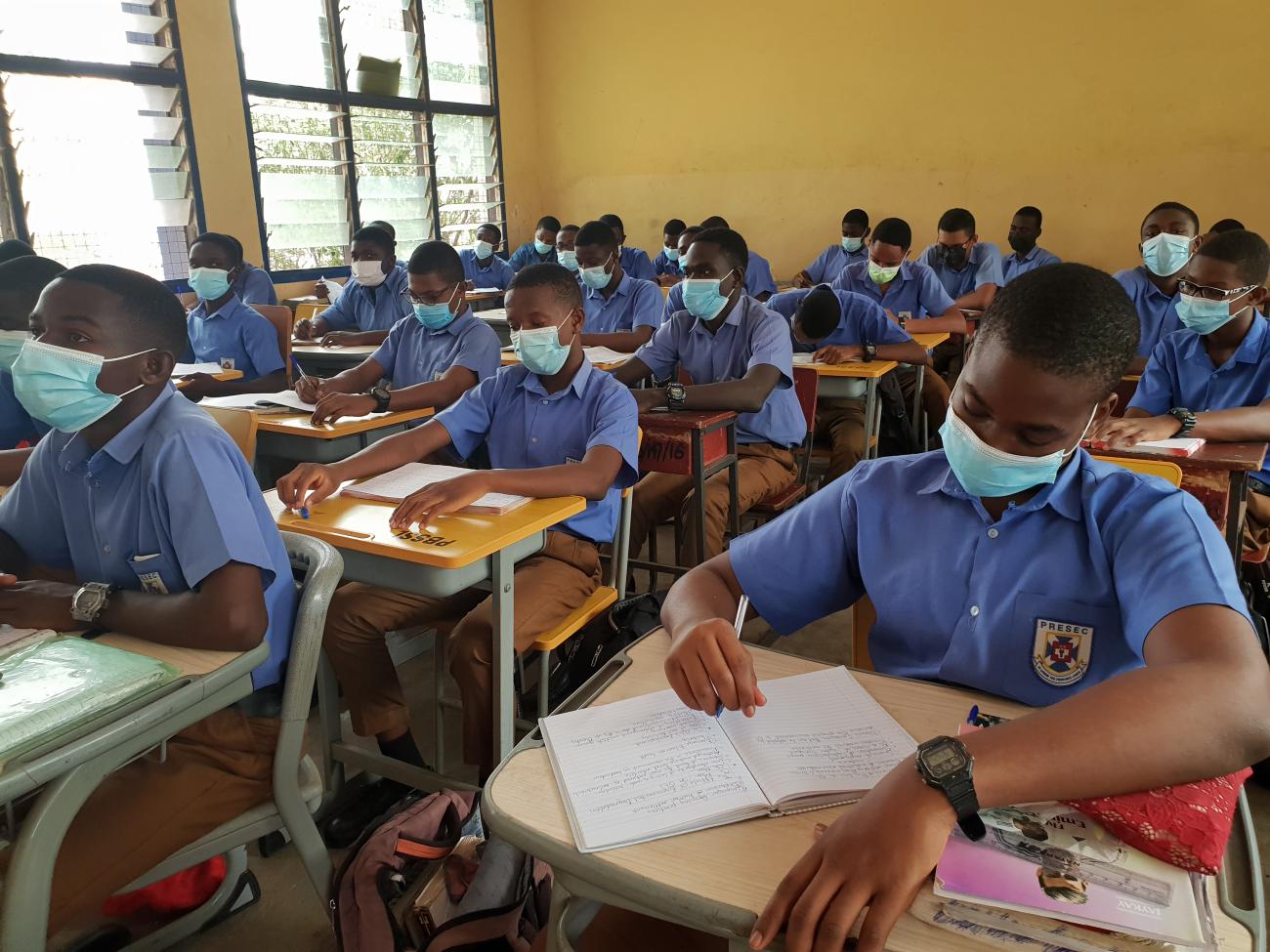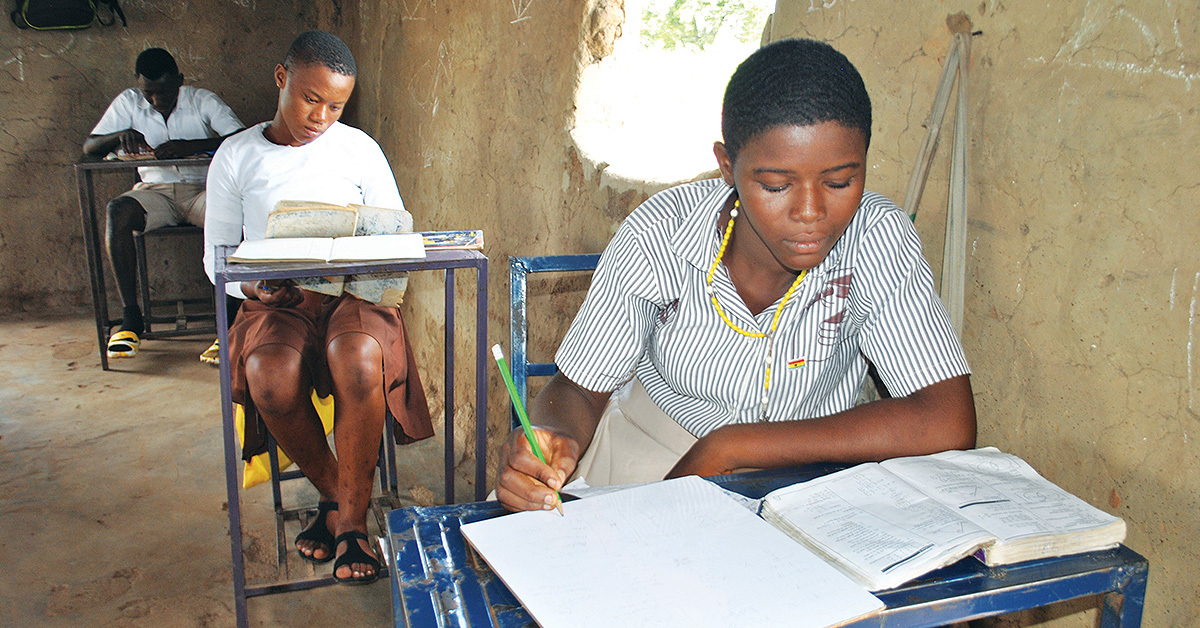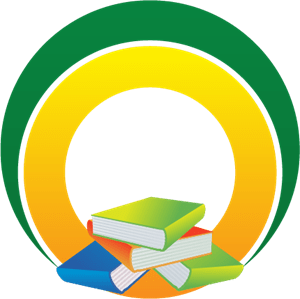The syllabus serves as a foundational document in the educational journey, bridging the gap between teaching intentions and student learning outcomes. It not only outlines the course content but also sets the course expectations, policies, and the framework for assignments and evaluations. The significance of a course syllabus extends beyond a mere outline; it is a contract between the instructor and students, detailing what is to be taught and how it aligns with the broader curriculum goals. Thanks to writing service DoMyEssay the completion process goes smoother. For introductory courses, it lays the groundwork for students’ academic and intellectual journey, setting the stage for their future learning.

Accessing Syllabus Materials on the Ghana Education Service Site
The Ghana Education Service (GES) site has become an invaluable resource for educators seeking to access syllabus materials. By providing a centralized platform, GES enables teachers to easily obtain and review syllabi for a range of courses. This access is crucial for ensuring that teaching is aligned with national educational standards and learning outcomes. Whether it’s for primary school or senior high education, the GES site offers comprehensive guides that help educators prepare and customize their own syllabus to meet the needs of their students. To buy an annotated bibliography from WritePaper, particularly for projects like Exploring the Syllabus on the Ghana Education Service Site, is a smart choice. WritePaper offers detailed annotated bibliographies that summarize and evaluate key sources related to the syllabus. This service ensures that your bibliography is meticulously researched and well-organized, providing valuable context and insights for your academic work.
Navigating Curriculum Guidelines for Introductory Courses
For instructors teaching introductory courses, navigating the curriculum guidelines is paramount. These guidelines serve as a roadmap for creating a syllabus that not only meets educational standards but also addresses the specific learning needs of students at the beginning of their academic journey. From English literature to science, introductory courses require a syllabus that introduces fundamental concepts, encourages engagement, and fosters a love for learning. By focusing on these foundational courses, educators can create a positive and impactful first impression of the subject matter.

Customizing Syllabus for Effective Teaching and Learning
The ability to customize one’s own syllabus is essential for effective teaching and learning. Educators must consider the unique dynamics of their classroom, integrating innovative teaching methods that cater to the diverse needs of their students. Customization may involve adapting the syllabus to include local examples, incorporating campus resources, or modifying assignments to enhance engagement. The goal is to create a learning environment where course policies, materials, and objectives are tailored to maximize educational outcomes.
Integrating Innovative Teaching Methods with the Syllabus
Integrating innovative teaching methods with the syllabus is key to fostering an engaging and dynamic learning environment. Techniques such as collaborative projects, digital resources, and interactive discussions can enrich the syllabus, making the learning experience more relevant and stimulating for students. By aligning these teaching methods with the course outline and learning outcomes, instructors can ensure that their syllabus not only educates but also inspires students to explore and question the world around them.

Collaborative Syllabus Development: Educators and GES Working Together
Collaborative syllabus development represents a progressive approach to curriculum enhancement in Ghana. By involving both educators and the GES in the syllabus creation process, there is an opportunity to combine practical classroom experience with overarching educational objectives. This collaboration facilitates the development of syllabi that are not only academically rigorous but also responsive to the evolving needs of students and society. It underscores the importance of partnership in advancing Ghana’s educational standards.
Future Trends in Curriculum Development and Syllabus Enhancement
Looking ahead, future trends in curriculum development and syllabus enhancement are likely to focus on personalization, digital integration, and global competencies. As the world becomes increasingly interconnected, there is a growing need to prepare students for global challenges and opportunities. This may involve revising syllabi to include international perspectives, cross-cultural skills, and digital literacy. Furthermore, the push towards personalized learning will require syllabi that are adaptable and capable of meeting the diverse needs and interests of students. In this dynamic landscape, continuous review and development of the syllabus will be essential for maintaining curriculum excellence in Ghanaian schools.
The syllabus, with its profound influence on teaching and learning, remains a cornerstone of educational excellence in Ghana. By meticulously outlining course content, expectations, and learning outcomes, it provides a clear path for both educators and students. As Ghana continues to navigate its educational journey, the syllabus will undoubtedly play a pivotal role in shaping the minds and futures of its learners, guiding them towards academic success and personal development.

